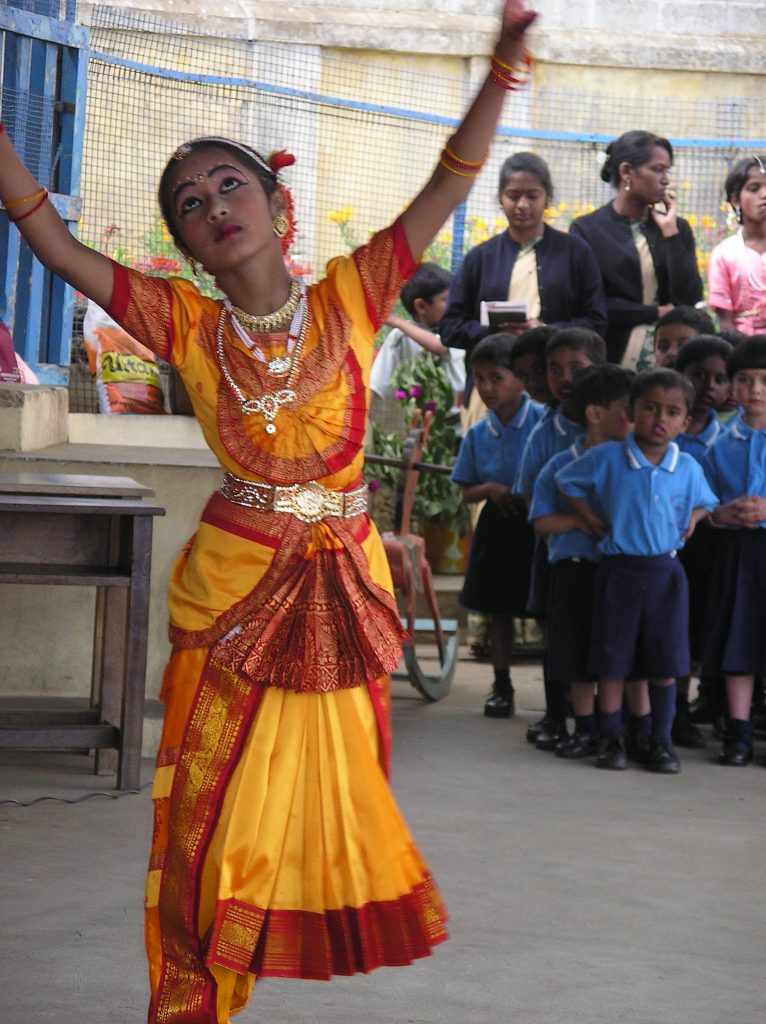In 1941, a young Polish girl, her mother’s ruby earrings knotted in her hair to conceal them, began a long walk away from a prison camp in Siberia.
Her father, a cavalry officer, had fallen resisting the invading German tanks. Her three brothers had been killed; and her sister abducted by the Russians invading from the east. She and her mother had been forcibly deported from their home in Herburtow to Siberia where, in a camp in Kazakstan, she had buried her mother. She was 13 years old.
She now set out to find the British, taking with her five smaller, similarly orphaned children.
In April 1942 she reached the British border post at Quetta on the Pakistan/Afghanistan border. There, she and the children gathered at the fence and sang the only English words they knew, “God Save the King”. They were taken in.
A young British officer, serving with the 10th Gurkha Rifles in Northern India, heard the story of these refugee children and their remarkable journey through Uzbekistan, Iran and Afghanistan and finally to Pakistan. It made a deep impression on him.
When granted leave he visited his mother, a first world war widow of the Royal Scots, at their home in Ooty, a hill station in South India, where he, his sister and brother had grown up.
On arrival, to his astonishment, he found the young girl and her charges to be at his mother’s home. After just a few days he had to re-join his regiment. Before leaving he proposed to the girl, promising to return at the end of his next posting to marry her.
She agreed to wait and kept her promise. On 21 February 1944 they were married in the Sacred Heart Church in Ooty.
The young girl was Flip’s grandmother and the young officer, her grandfather.

